The Whirlwind of Trauma
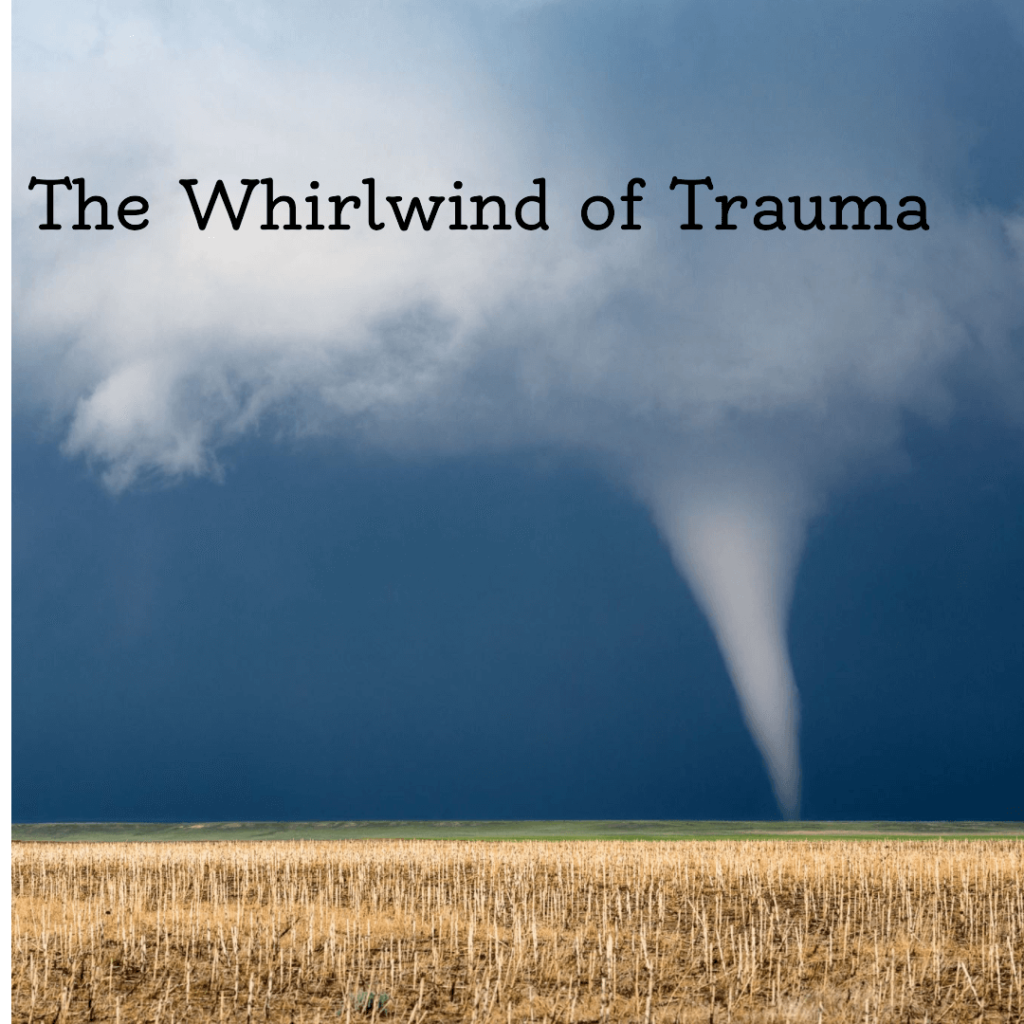
Hey there, reader! Today, we’re going to dive into a topic that might sound a bit heavy at first: trauma and its impact on the brain. But fear not, because we’re going to navigate through this important subject together with warmth, compassion, and even a sprinkle of humor to brighten your day. So, grab a cozy seat, and let’s dive in!
Trauma, my friend, is like that unexpected plot twist in a movie that leaves you breathless and wondering, “What just happened?” It’s an emotional and psychological response to a traumatic event that can truly shake things up in a person’s life. We’re talking about events that range from direct physical or psychological abuse to witnessing violence. The sheer weight of these experiences can turn our world upside down.
Now, when trauma strikes, it’s not just a one-time occurrence. It sets off a whirlwind of changes in the brain that impact our thoughts, emotions, and even our ability to get a good night’s sleep. It’s like a tornado sweeping through the calm countryside of our minds, leaving behind a trail of cognitive disruptions, mood swings, heightened arousal, and sleep disturbances. And let’s not forget about those pesky physical symptoms, such as headaches or tummy troubles. Talk about a rollercoaster ride!
Long-lasting Effects of Trauma
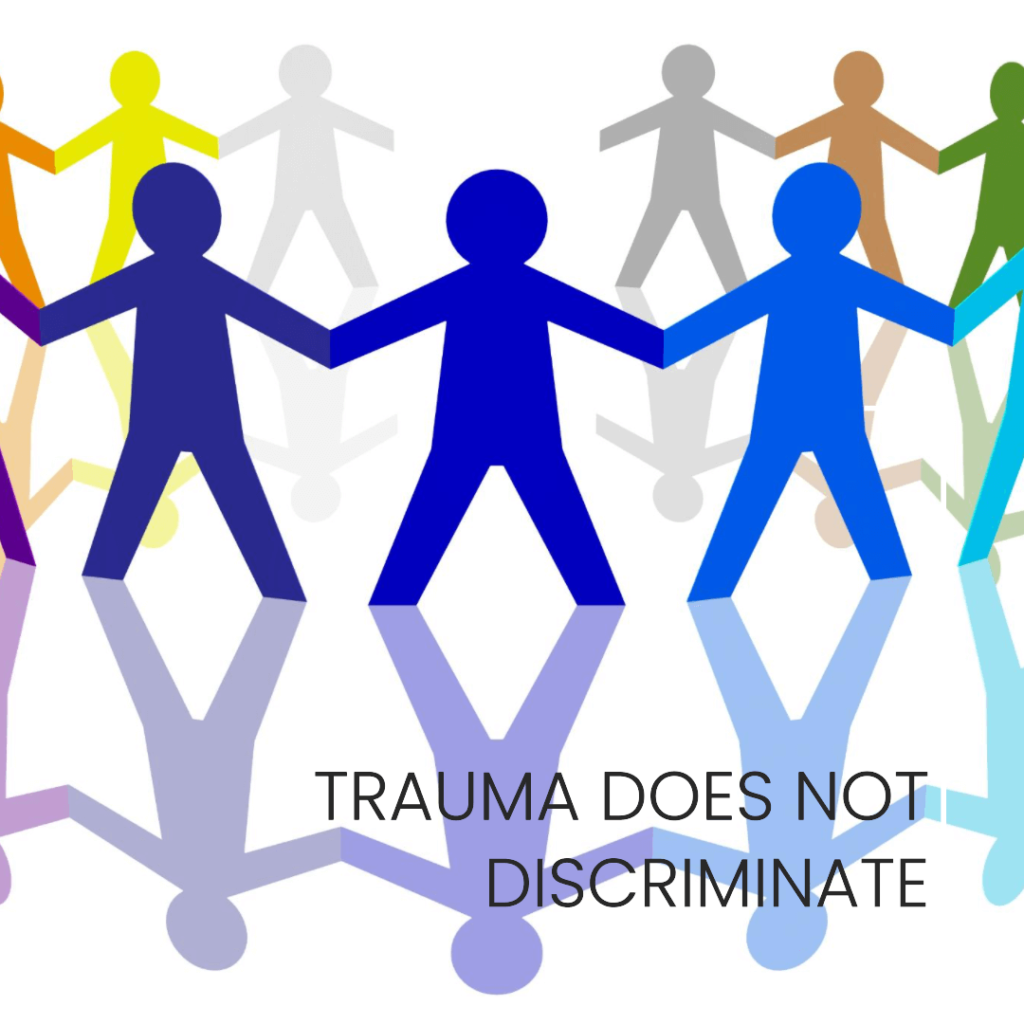
But here’s the kicker: trauma doesn’t discriminate. It can affect anyone, regardless of age, gender, or background. Unfortunately, it often brings along some uninvited guests to the party, such as PTSD, depression, anxiety disorders, and substance abuse disorders. Yeah, they’re the party crashers we’d rather avoid, but they tend to show up when trauma pays a visit.
The effects of trauma can linger for quite some time, my friend. It’s like that unwanted houseguest who overstays their welcome. Traumatic events can truly disrupt a person’s life, triggering mental health issues like PTSD. Imagine experiencing vivid flashbacks and doing everything in your power to avoid anything that reminds you of the traumatic event. It’s like trying to dodge your high school crush in the supermarket aisles—only way more intense.
Now, mental illness and trauma often go hand in hand. It’s like they found each other on a blind date and hit it off a little too well. People who have experienced trauma are more likely to develop mental health issues, but here’s the catch—it’s not a cause-and-effect relationship. It’s more like trauma raises the odds, giving mental illness a chance to jump into the mix. Quite the dynamic duo, huh?
The Power of PTSD

Let’s shine a spotlight on PTSD for a moment. It’s like the rebellious cousin of anxiety disorders who loves to make a scene. PTSD can come knocking on your door after a seriously stressful event, whether it’s something as horrifying as rape or child abuse, or even the more subtle traumas like war veterans returning home with their own version of PTSD. It’s like a bungee jump without the adrenaline rush.
Flashbacks are also a common side effect of PTSD. They’re like those unexpected pop quizzes that catch you off guard, except instead of algebra equations, they throw you right back into the traumatic event. And let’s not forget about avoiding anything that reminds you of the trauma. It’s like trying to dodge your ex on every street corner. Talk about exhausting!
Breaking Free with Cognitive Therapy and Emotional Support
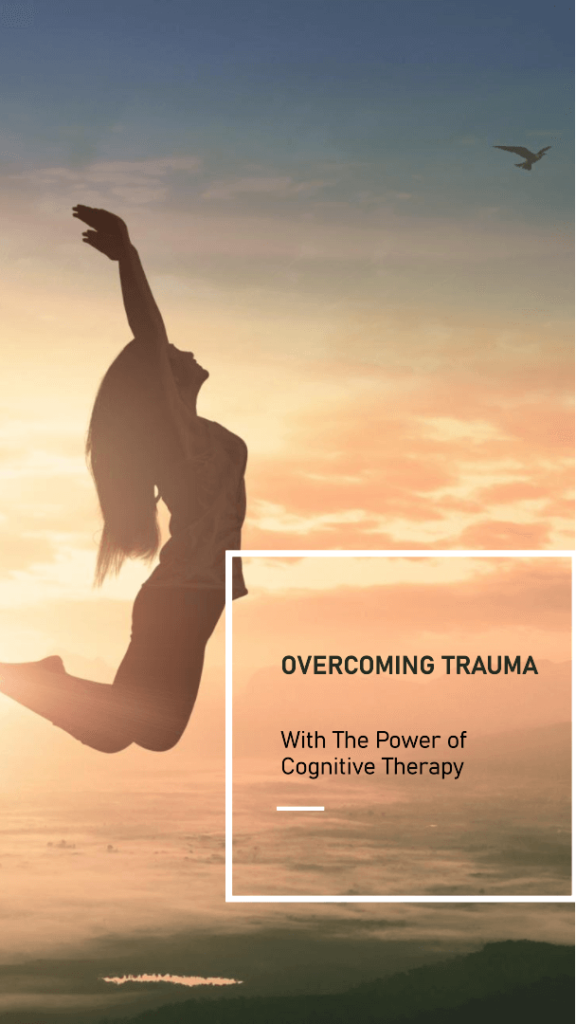
But fear not, dear reader! There’s a glimmer of hope in this stormy sky. Cognitive therapy has proven to be quite the superhero when it comes to treating PTSD. It helps people rewire their thinking patterns, freeing them from those unhelpful thoughts that keep them tied to their traumatic memories. It’s like a mental makeover, giving you a fresh perspective and a chance to move forward.
Emotional support is also essential on this journey. Picture it as a warm hug from a dear friend or a cup of tea on a chilly day. It can work wonders in helping you adjust to your new circumstances and cope with the stress that trauma brings. So, don’t hesitate to lean on your loved ones, counselors, or even that fluffy cat who always seems to know when you need some extra cuddles.
Conclusion
Now, before we wrap things up, let’s talk about the abundance of resources available to support your mental health. Your local schools have superheroes called counselors and social workers who can guide you toward the right care. Hospitals and other medical facilities also offer mental health services, so don’t hesitate to reach out. And hey, there are even support groups in your community, where you can find kind souls who truly understand what you’re going through.
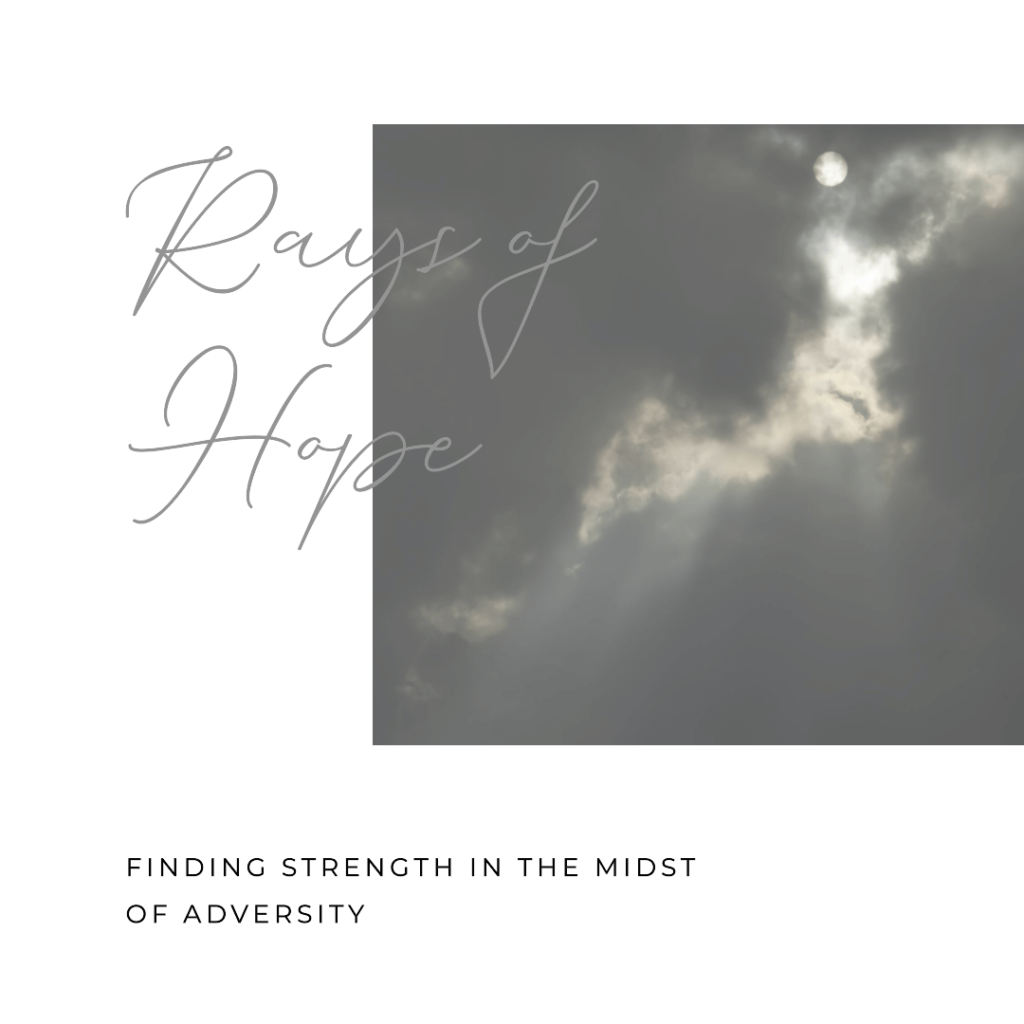
Remember, dear reader, you are not alone on this journey. If you’re struggling with PTSD or any mental health challenge, reach out to a trained professional who can provide the support and guidance you need. We’re all in this together, navigating the twists and turns of life.
Keep smiling, keep seeking help, and keep shining your light. You’ve got this! And remember, even on the stormiest days, there’s always a ray of hope waiting to break through the clouds.
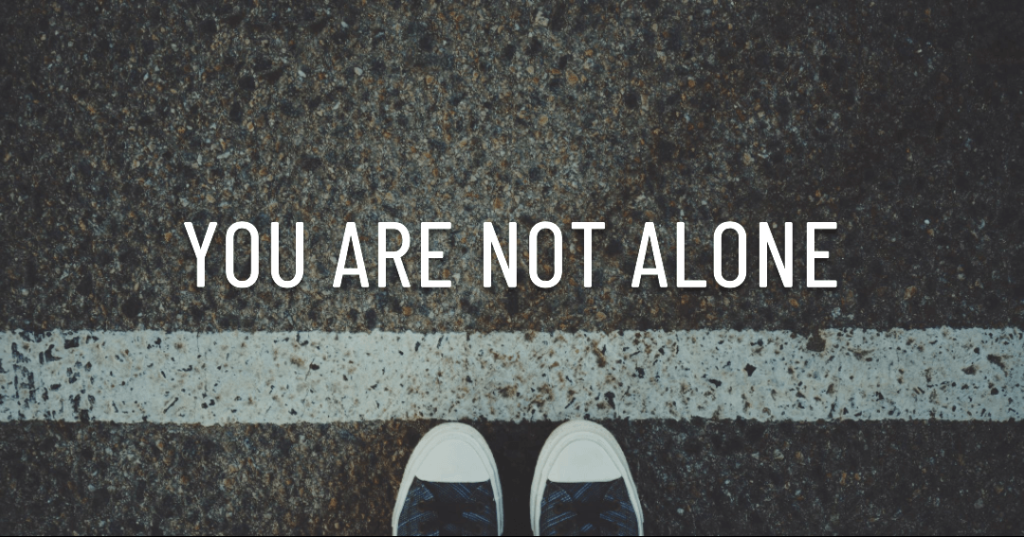
I want to extend a heartfelt thank you for taking the time to read this blog post. I hope it was informative, insightful, and most importantly, useful to you. Mental health is an important topic that affects us all, and I’m grateful for the opportunity to share my thoughts with you.
If you have any thoughts or comments, I encourage you to leave them in the comment box below. Your feedback is essential to me and helps me create content that is tailored to your needs.
If you found this post helpful, please subscribe to my newsletter for more resources and updates on mental health. You can also reach out to me via email if you have any questions or just want to chat. Remember, taking care of your mental health is important, and you are not alone.
Thank you for this wonderful piece!
And really, emotional support goes a long way in mental health issues.
Thank you.
You are most welcome! Thank you for your kind words.